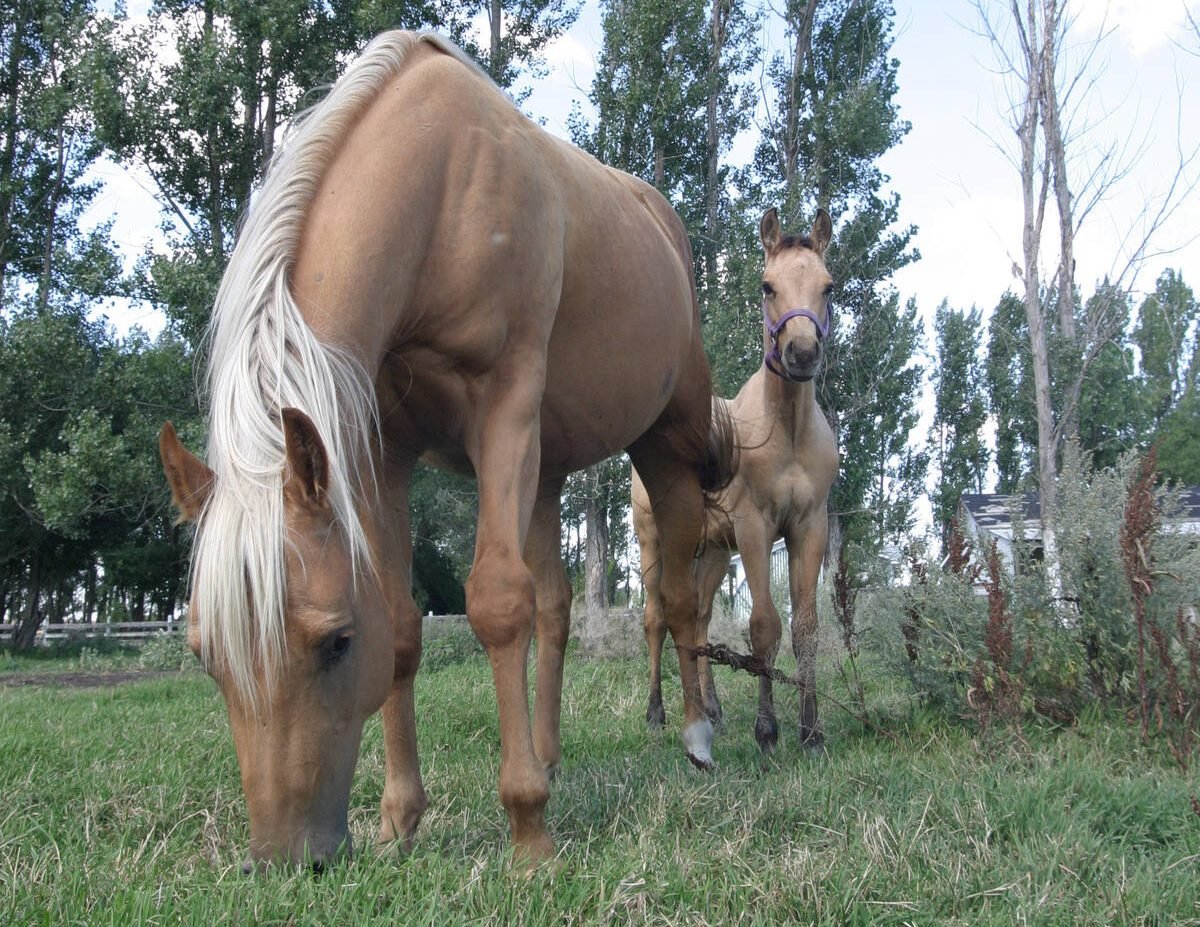Not so long ago, a friend with Reform/Conservative roots wondered how long after a majority Conservative Parliament opened would legislation come forward to end the Canadian Wheat Board monopoly.
His answer was – very soon. After publication of the Conservative platform and spending the better part of a week talking to prairie Conservatives about the issue, the more appropriate answer to the question appears to be – not as quickly as many think.
CWB supporters have long feared that without the restraints of a minority Parliament, Conservative anti-board ideologues would quickly amend the CWB Act to declare the monopoly over.
Read Also

Growth plates are instrumental in shaping a horse’s life
Young horse training plans and workloads must match their skeletal development. Failing to plan around growth plates can create lifelong physical problems.
The message from Conservatives in this election, the first one in which they have openly craved a majority, is that their wheat board policy would be a bit more subtle than that, more methodical in agriculture minister Gerry Ritz’s phrase.
There are several scenarios a Conservative government might pursue to achieve its goal of eliminating the CWB monopoly.
The platform suggests the first step could be to use the results of the 2007 barley plebiscite to suggest it has met the “democratic” requirements of the CWB Act, since a majority voted to have the option to market barley outside the CWB.
Single desk supporters rejected the plebiscite result because they say it offered a false option: a dual market that allows farmers to sell either to a voluntary board or on the open market.
In a majority Parliament, the opposition would have limited means to stop the government from insisting the result is valid.
Winning support in a vote among wheat producers would be trickier for the government. As the CWB’s major crop, that would be the real goal.
The logical first government step would be to reintroduce legislation from last year that would eliminate from the voters’ list the smallest producers.
Under Bill C-27, eligible voters in CWB board elections would have had to produce at least 40 tonnes of one of the crops listed in the CWB Act (wheat, barley, oats, rye, flax, rapeseed and canola) during the previous three planting seasons to be eligible to vote.
The bill also would have streamlined the government system for approving initial payment levels after grain is delivered, cutting Treasury Board approval out of the picture.
The bill died when Parliament was dissolved. The Liberals had offered to pass the financial side of the bill as separate legislation but the Conservatives insisted it be dealt with as a package.
While loath to say it publicly, the Conservatives believe that striking the smallest producers from the voters’ list would remove tens of thousands of farmers with little stake in the wheat industry but also little incentive to market their own grain.
It could shift the balance in a vote toward producers with a larger stake in the industry and experience marketing non-CWB grains in the open market. And of course, if that failed to change a plebiscite result, a majority government always could revert to plan B – amend the act to change the rules on how the monopoly can be ended.
A majority Conservative government almost certainly would find some way to accomplish the goal over four years.














